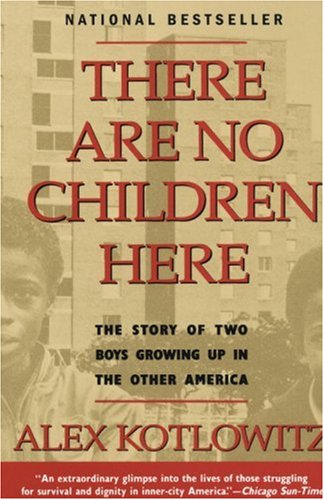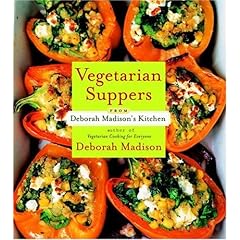
A Jewish baby is born in a Polish ghetto in 1942. In an attempt to save her life, her father asks a Polish gentile woman to look after his young daughter, telling her that he'll be back after the war. Indeed he does return and these two are some of the only members of their family who survive the holocaust. The frightened little girl and her father, a stranger to her, go to Sweden for a few years and then on to the United States where this little girl grows up, marries, and becomes a mother.
Erin Einhorn, a reporter, must have known she had quite a story on her hands, or at the very least a fascinating family history, because the little girl in the story was her mother, Irene Rozenblum Einhorn. Despite her mother's long reluctance and disinterest in speaking of her past, Einhorn is determined to find out who this family is who saved her mother and made her own life possible. This story has become The Pages in Between, an honest and revealing memoir which winds up going in a direction that most holocaust writing does not. Einhorn moves to Poland and is surprised to find that in this country that was ten percent Jewish before WW2, Judaism has now become trendy. There are Jewish restaurants and trinket shops and tours one can go on.
Einhorn visits Bedzin, the previous home of her family, and quite easily finds the house they used to live in, and in it, the family that saved her mother's life, the Skowronskis. The woman who cared for her has died, but her son lives there with his family. He remembers the little girl he thought of as his sister whom they had always hoped would return for a visit. Einhorn visits the family multiple times, taking a translator with her, and over time some frustration on the part of the Skowronskis is revealed. Einhorn learns there is a problem with ownership of the house, and the Skowronskis want to collect on a promise made by Einhorn's grandfather during the war.
Einhorn tries to do what she can to help them, and it turns out to be a terribly complicated and potentially expensive legal matter. At the same time, Einhorn is struggling with the somewhat turbulent relationship she has always had with her mother as well as some life-altering news.
I found this to be a quite compelling story and I enjoyed Einhorn's personal tone throughout the book. I was very impressed with the degree to which she tried to assist the Skowronskis. I felt as though they were giving her a pretty hard time and it would have been easy for her just to walk away. It's an interesting question, really. After what happened in the Holocaust, do people really owe each other for saving a life, or was it just the right (and obviously brave) thing to do? Who should property belong to? The people it was stolen from over 60 years ago, or the people who have since made it their own?
I found this to be a fascinating and unique story and recommend it.

















